Search Results
81 records found
Fantastic Four: Rise of the Silver Surfer (2007)
Perhaps this is what is most fundamentally wrong with the Fantastic Four franchise: None of these allegedly “fantastic” heroes has any gravitas, any actual heroic weight or depth of character. There’s nothing particularly noble, compelling or even interesting about them. Far from inspiring admiration, they don’t rise even to the level of thinking, acting and relating like grown-ups.
Fantastic Voyage (1966)
A landmark of 1960s sci-fi, Fantastic Voyage remains compelling entertainment despite dated special effects, deliberate pacing, and indifferent dialogue and acting, thanks in part to the genuine wonder it brings to its premise.
![The Farewell [video]](/uploads/articles/farewell.jpeg)
The Farewell [video] (2019)
Fans of NPR’s This American Life already knew that Lulu Wang had an extraordinary story. What we now know is that she is also an extraordinary filmmaker.
Fast & Furious 6 [video]
Fast & Furious 6 in 60 seconds: my “Reel Faith” review.
Father Barron on ‘Noah’! Catholic Culture! More!
Father Robert Barron is one of the Church’s best commentators on popular culture today, so I’ve been waiting for his take on Darren Aronofsky’s Noah. He doesn’t disappoint.
“Father Brown”: The ATV Series Now on DVD
Thirteen classic Father Brown stories — adapted with gratifying fidelity in the 1974 television series starring Kenneth More — are now available on DVD in a pair of two-disc box sets.
Father Goose (1964)
Cary Grant cheerfully plays against a lifetime of typecasting in this modestly entertaining romantic comedy with comic echoes of The African Queen and Heaven Knows, Mr. Allison, directed by Ralph Nelson (The Lilies of the Field).
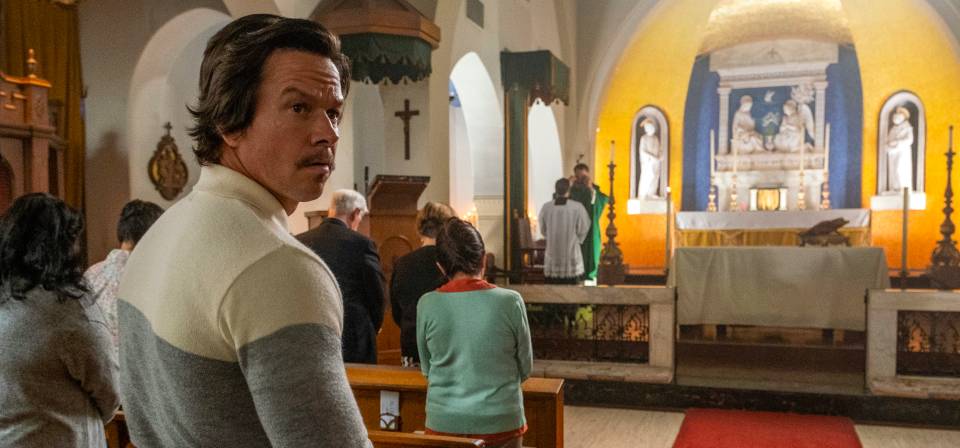
Father Stu is a mostly endearing, shaggy redemption story
Based on the unlikely true story of an amateur boxer turned priest who died of a rare degenerative disease, Father Stu leans on Wahlberg’s mischievous charm and buoyant aura of invincibility, with hints of something darker and more fragile beneath the surface.
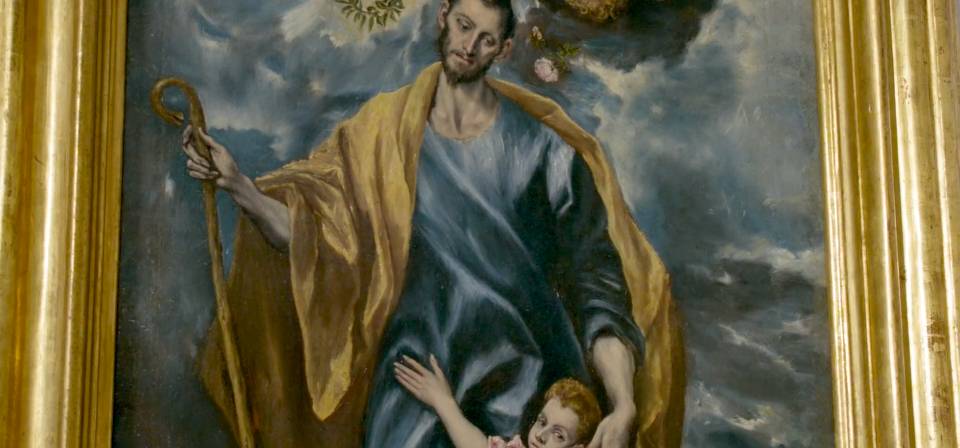
A Father’s Heart: Saint Joseph comes to theaters on May 1
On May 1, the feast of Saint Joseph the Worker, two documentary works — a 90-minute feature about devotion to St. Joseph and a half-hour short about the priest block of the Dachau concentration camp and its dramatic liberation — come to the big screen courtesy of Fathom Events.
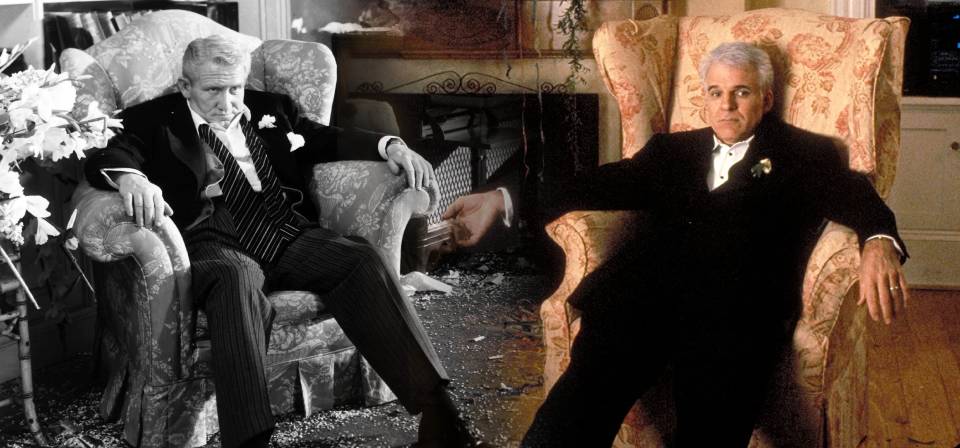
Fatherhood and Hollywood: Dads in the movies
Hollywood’s ambivalence about fatherhood is deeply entrenched. Ambivalence, though, is not mere hostility; often it is rooted in a real awareness of the irreplaceable importance of fatherhood, and in melancholy or anger over paternal failure in a fallen, broken world.
Fathers For Good
This week Knights of Columbus website Fathers for Good has a short interview with me in their Newsworthy Dads feature.
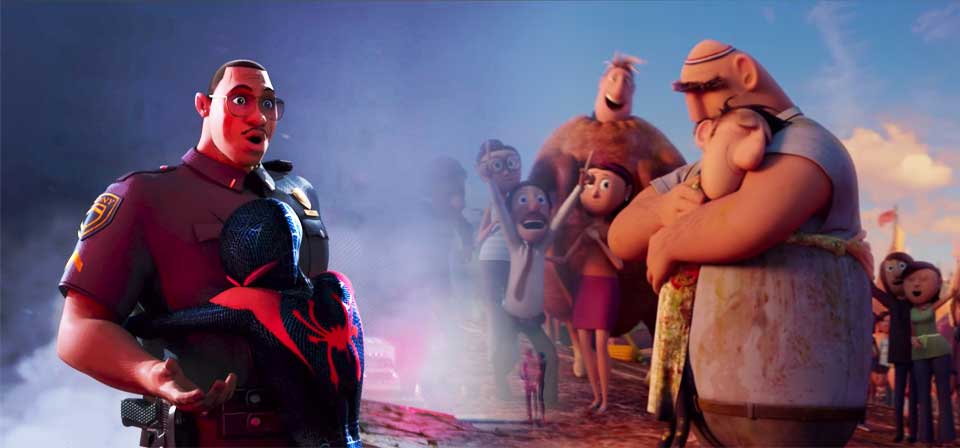
Fathers know best? Phil Lord and Chris Miller’s surprising animated dads
Particularly striking to me, and even moving, is a theme connecting Cloudy With a Chance of Meatballs and Spider-Man: Into the Spider-Verse (though not The Lego Movie): how themes of father–son conflict ubiquitous in other cartoons play out with unexpectedly insightful, consequential fathers.
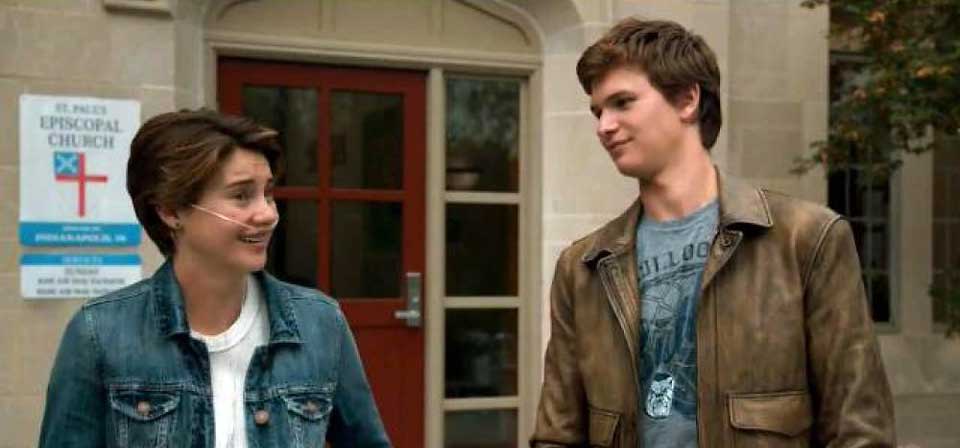
The Fault in Our Stars (2014)
The Fault in Our Stars — in cinematic as well as literary form — cares quite a bit about silly questions, such as the meaning of life and death and love and suffering in a universe sliding toward oblivion, and whether there is Something beyond giving some larger context to our existence, choices and experiences.
Faustina (1995)
Without context or explanation, Lukaszewicz plunges the viewer into Faustina’s world, confronting us with with an early experience from Faustina’s childhood, challenging us to take this story on its own terms. It’s a surprisingly powerful approach, as transcendent in its own way as the restraint of Bresson or Dreyer.
Fiddler on the Roof (1971)
L’Chaim! Life itself, joyous and tragic, is the subject of the boisterous, comic, heartbreaking vision of Fiddler on the Roof.
The Fighting Temptations (2003)
Here is a film so woefully misconceived, so completely devoid of even generic, safely banal Hollywood spiritual uplift, that it made me long for the spiritual depth and religious meaning of Sister Act and Bruce Almighty.
Filming Carmelites: No Greater Love
In 2009, two films were released with the title No Greater Love. One, with shades of Fireproof, is an Evangelical-produced drama about marriage woes and recovery. Forget that one. The one I’m interested in suggests shades of Into Great Silence, Philip Gröning’s transcendent cinematic portrait of Carthusian spirituality.
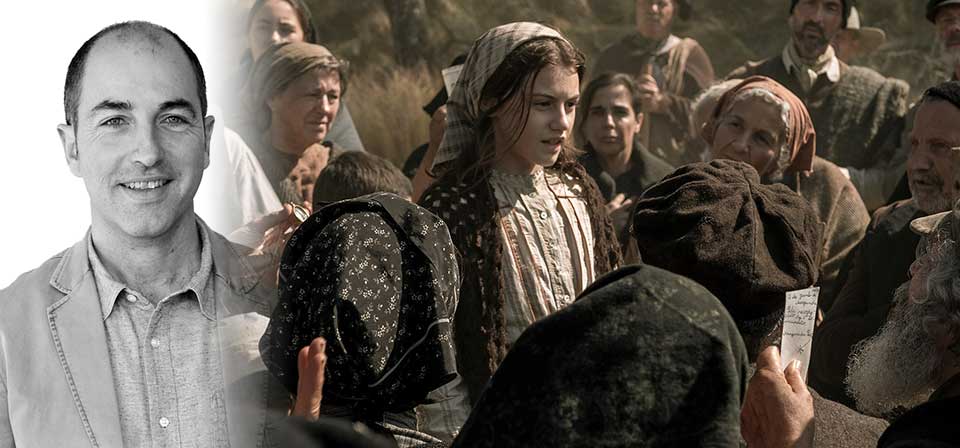
Filming Fátima: Interview With Filmmaker Marco Pontecorvo
The cowriter and director of a new film about Our Lady of Fátima talks about why he was drawn to the story and how he tried to realize the miraculous, from a very human Virgin Mary to surreal visions of war and hell.
Final Fantasy: The Spirits Within (2001)
Based on a computer game, Final Fantasy is always interesting to look at, and is sometimes visually spectacular, but it hasn’t transcended its gaming origins. The sci-fi scavanger-hunt premise hasn’t been fleshed out into a coherent or satisfying story. The heroes, though eye-poppingly rendered, remain emotionally as one-dimensional as any computer-game avatar. Even basic rules and motivations never become clear.
Final Solution (2002)
It’s a melancholy truth that religion is often a key ingredient in long-standing conflicts festering in certain troubled regions around the globe: the Middle East, Northern Ireland, the Balkans. Final Solution depicts the way religion has been involved in the racial strife in South Africa — but it also points to the role that faith can and should play in reconciliation and healing as well.
Recent
- Benoit Blanc goes to church: Mysteries and faith in Wake Up Dead Man
- Are there too many Jesus movies?
- Antidote to the digital revolution: Carlo Acutis: Roadmap to Reality
- “Not I, But God”: Interview with Carlo Acutis: Roadmap to Reality director Tim Moriarty
- Gunn’s Superman is silly and sincere, and that’s good. It could be smarter.
Home Video
Copyright © 2000– Steven D. Greydanus. All rights reserved.